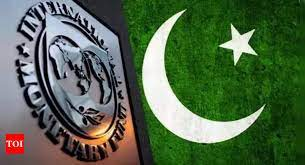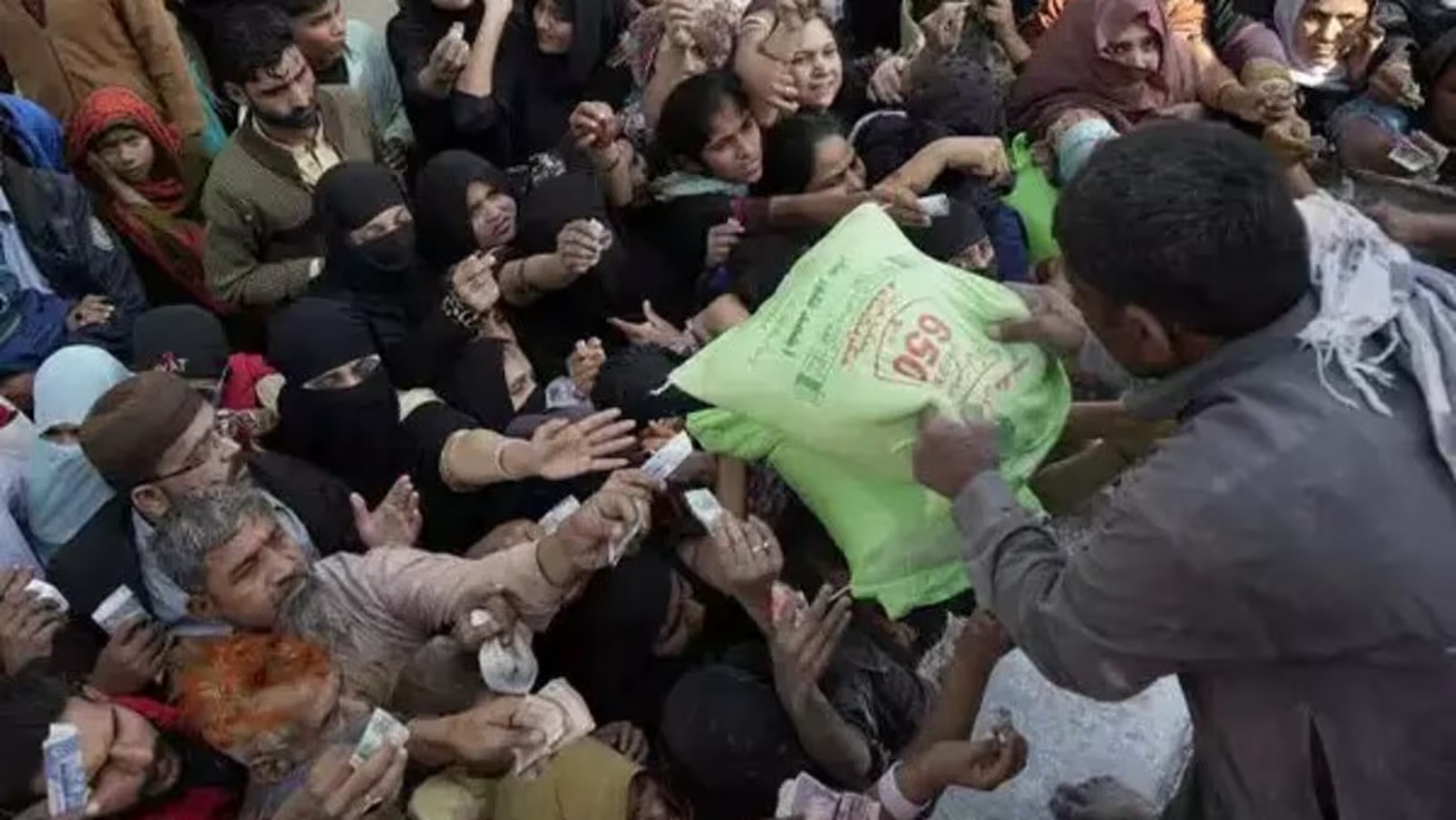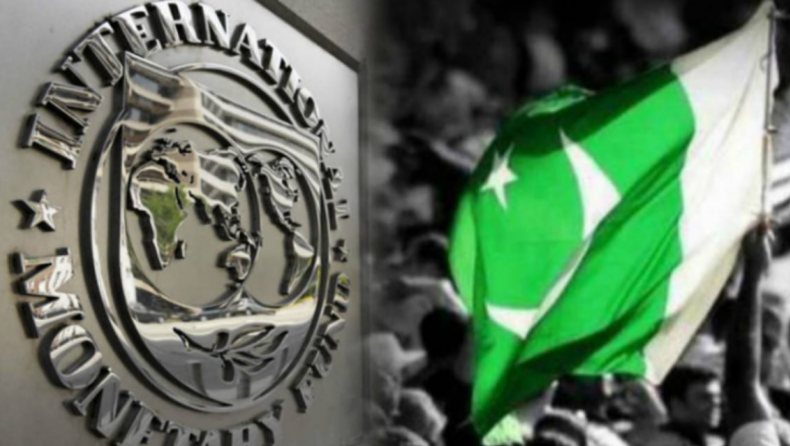With its foreign exchange reserves at their lowest in 10 years, Pakistan is struggling with its worst economic crisis in decades.
Two weeks after asking for help, a cash-strapped Pakistan receives a $2 billion rollover deposit from China, its all-weather ally, to help the country get a much required bailout from the IMF to stabilize its economy.
A country of 220 million people, is struggling to cope with the surge in living costs, triggered by the government’s devaluing currency and removing subsidies to pave the way for the latest tranche of an IMF bailout needed to stave off economic collapse.

SOURCE- TOI
What is this Rollover to Pakistan?
The rollover that Pakistan has received from China for a period of one year is not a loan. It is a financial deposit to be kept at Pakistan’s central bank for a period of one year, in accordance with one of the requirements of the IMF in meeting its external financing needs in order to move towards inking the staff-level agreement.
Ishaq Dar, Minister of Finance has seemingly confirmed the development, when he was asked about getting a rollover of USD 2 billion SAFE( State Administration of Foreign Exchange) deposits from China.
What is the Need for a Rollover?
The Nation has been negotiating with the IMF for the release of USD 1.1 billion loan ever since February this year, but has been unsuccessful till now due to the tough conditions by the donor which the country has been a tad bit slow to fulfill.
The IMF bailout is also of importance as it is expected to open avenues for further borrowing from the international market, or even friendly countries.
In an effort to get funding, Pakistan has been modifying its policies according to the conditions laid down by the IMF, which has suggested remedial procedures like raising tax revenues and a fairer distribution of precious resources by taking subsidies away from people who don’t need them.
Henceforth, the national assembly of Pakistan unanimously approved the government’s Finance Bill 2024 or ‘mini-budget’, and increased taxes on luxury goods and services. The country also raised fuel prices and essential commodities prices, making it difficult for common people to fulfill their basic needs.

SOURCE- HT
Help received in the Past
Any investment opportunity will come as a lifeline to Pakistan’s economy which is struggling with its worst financial crisis. Countries around the globe have been helping Pakistan since the beginning of this year.
- China lended $700 million loan in February which was expected to boost Pakistan’s forex reserves by about 20%.
China, at present is Pakistan’s single largest creditor with its commercial banks holding about 30% of its external debt.
- Iran has promoted trade with Pakistan amid the financial crisis. Iran established six border markets. The volume of bilateral trade reached $2 billion dollars in the last 10 months.
- Uzbekistan has also initiated a $1 billion deal to increase bilateral trade with Pakistan.
Pakistan still has a long way to go
Pakistan can get all the help in the world. And it is getting a considerable amount of help too. There has been a slight improvement in its reserve, however, the situation still remains grim as the country needs to pay USD 7 billion this year, making further borrowing necessary.
The economy of Pakistan first began facing the turmoil since April last year when Imran Khan lost his government after the success of a no-confidence motion in the Parliament. The country’s mounting default on external liabilities have been worsening with every passing day. Despite all these challenges, experts believe an economic rebound is possible with political and financial stability, though drastic measures need to be taken.
A stable government, if elected in free and fair elections, scheduled for this year can put the economy right back on track through corrective measures. The country would then be able to implement economic reforms and identify new ways to generate forex inflows and attract foreign direct investment in key sectors to achieve ‘sustainable growth’ in the coming years.













